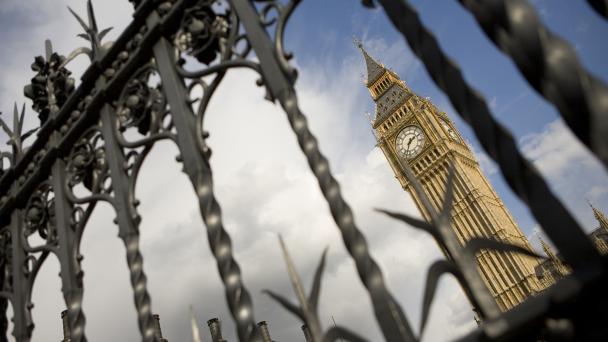Exploring today’s attitudes for tomorrow’s election

People in the North are no longer more economically left-wing and pro-welfare than people in the South, according to the latest British Social Attitudes survey.
The National Centre for Social Research (NatCen) found regional differences in attitudes between London and the rest of the country are now far bigger than any between the North and the South.
The study suggests the findings may signal opportunities for the Conservatives to make further inroads into the traditional support Labour still enjoys in the North.
Meanwhile, the survey found London is more pro-welfare and socially liberal than the rest of England, which might help Labour to maintain its domination of London politics.
Dr Sarah Butt, Research Director at the National Centre for Social Research, said: “Despite the continued economic divide between the north and south of England highlighted by the ‘levelling up’ agenda, there is little evidence from our survey of differences in economic values between the two regions. The lack of a north-south divide in economic values marks a significant shift from the situation in the 1980s and 1990s, when we found people in the North were more economically left-wing. In the absence of a clear ideological reason to continue choosing Labour, voters in the North may over time be encouraged to shift allegiances and form new party identities.
London looks very different from the rest of the country. Irrespective of age, education or nationality, people in London are more liberal and pro-welfare than people in the rest of the country, including other urban areas. There may be something about being a Londoner which leads people to hold different attitudes, either because the capital attracts people with distinctive attitudes or, because those living there are influenced by the very different balance of opinion, that leads to people holding different attitudes. Labour’s dominance in the capital in recent elections is likely to continue, unless there is a significant shift in the parties’ positions on these questions.”
For more information please contact:
Oliver Paynel, Communications Manager
National Centre for Social Research
t: 0207 549 9550, m: 07734 960 071, e: oliver.paynel@natcen.ac.uk
Katie Crabb, Head of Marketing and Communications
National Centre for Social Research
t: 0207 549 8504, e: katie.crabb@natcen.ac.uk
1. British Social Attitudes (BSA): the 39th Report will be published on 22nd September 2022 at www.bsa.natcen.ac.uk. Advance copies of chapters from the report available on request. The editors are Sarah Butt, Elizabeth Clery and John Curtice. The views expressed in the report are those of the authors and editors alone.
2. The full list of chapters in this year’s report: Taxation, welfare and inequality; Constitutional reform; Culture Wars; Regional differences in values; Environment and climate change; Disabled people at work; NHS and social care; The NHS in Scotland and England.
3. NatCen’s British Social Attitudes (BSA) survey has been conducted annually since 1983. It is the longest-running measure of public opinion in Britain, providing authoritative data on a range of social and political issues. Each year the survey asks around people what it's like to live in Britain and what they think about how Britain is run. Since 1983 more than 115,000 people have taken part in the survey.
4. The 2021 BSA survey consisted of 6,250 interviews with a representative, random sample of adults in Britain and was conducted between 16 September and 31 October 2021.
5. This year’s BSA survey was completed online by a representative sample of respondents who were invited at random by post. There was an option to be interviewed by phone if preferred. This is the same design as used in the 2020 BSA. Prior to 2020 BSA was a face-to-face survey, but this was changed as a result of the public health measures introduced in the wake of the pandemic.
6. The BSA dataset identifies 11 regions, formerly the Government Office Regions (South East, London, North West, East of England, West Midlands, South West, Yorkshire and the Humber, East Midlands, North East, Wales and Scotland). For the analysis of regional differences in attitudes, these were divided into four high-level regions: London, the South of England (comprising regions South-East, South-West, and East of England), the Midlands (comprising regions East Midlands and West Midlands) and the North of England (comprising regions Yorkshire and Humber, the North-East, and the North-West).
7. Respondents are classified as identifying with a particular political party on one of three counts: if they consider themselves supporters of that party; closer to it than to others; or more likely to support it in the event of a general election.
Receive a regular update, sent directly to your inbox, with a summary of our current events, research, blogs and comment.
Subscribe